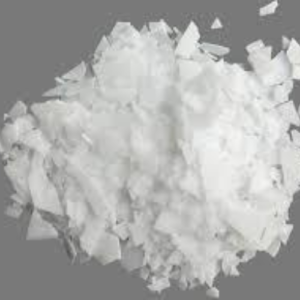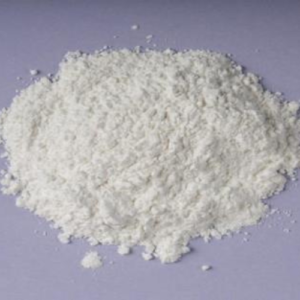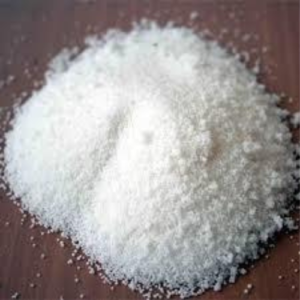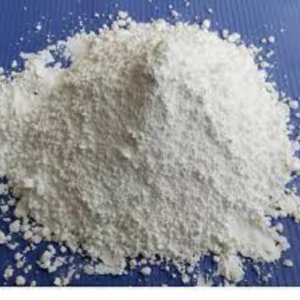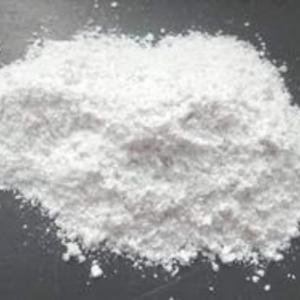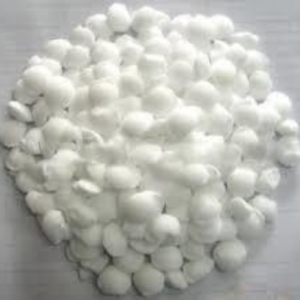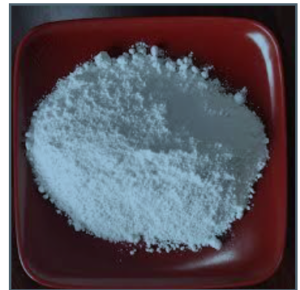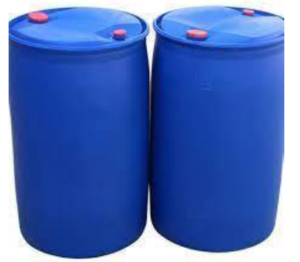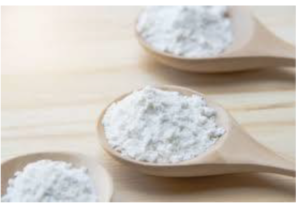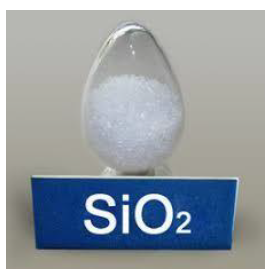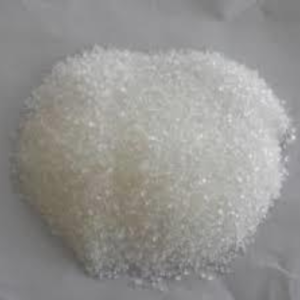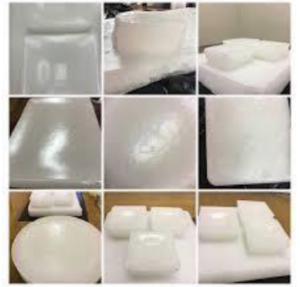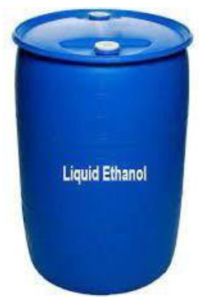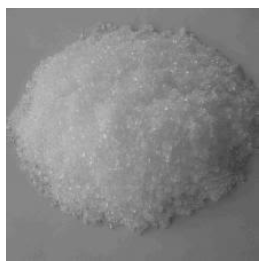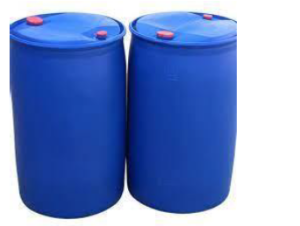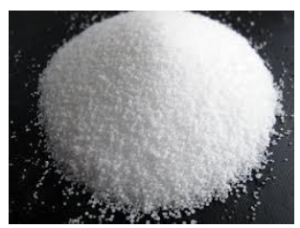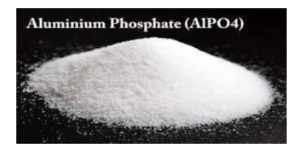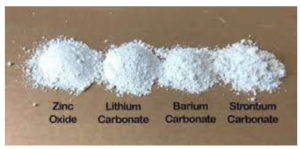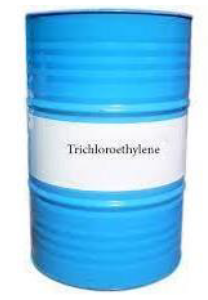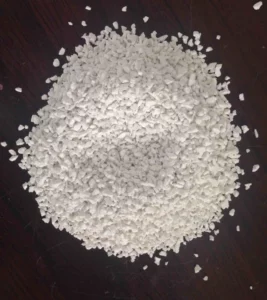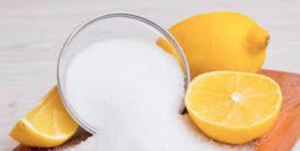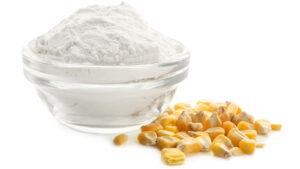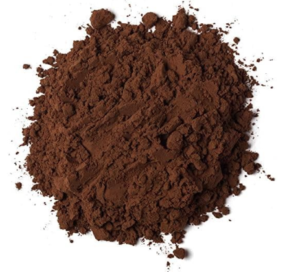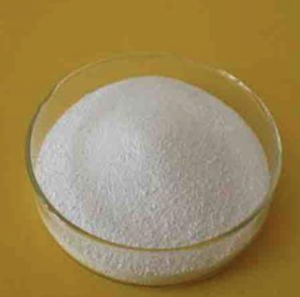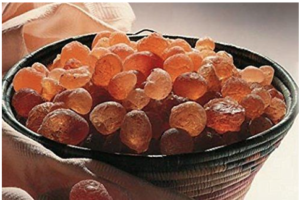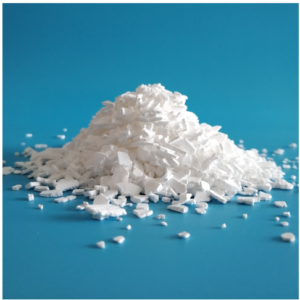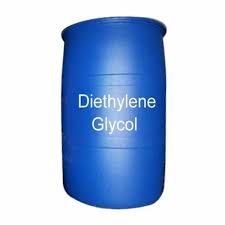SODIUM LAURYL ETHER SULPHATE SLES
Sodium Lauryl Ether Sulfate (SLES) is a surfactant commonly used in personal care products, household cleaners, and industrial applications. It is a yellowish or white, viscous liquid that is derived from ethoxylated lauryl alcohol and sulfur trioxide gas. Here are some key points about SLES: 1. Surfactant and Foaming Agent: – SLES is primarily […]
Sodium Lauryl Ether Sulfate (SLES) is a surfactant commonly used in personal care products, household cleaners, and industrial applications. It is a yellowish or white, viscous liquid that is derived from ethoxylated lauryl alcohol and sulfur trioxide gas. Here are some key points about SLES:
1. Surfactant and Foaming Agent:
– SLES is primarily used as a surfactant, which means it helps to reduce surface tension and allows substances to spread and mix more easily.
– It is a highly effective foaming agent, enabling the formation of lather and bubbles in products such as shampoos, body washes, liquid soaps, and toothpaste.
2. Cleaning and Emulsifying Properties:
– SLES has excellent cleaning abilities and is often included in household cleaners, dishwashing detergents, and laundry detergents.
– It can emulsify oil and grease, enabling them to mix with water and be rinsed away.
3. Compatibility and Formulation:
– SLES is compatible with a wide range of ingredients and is often used in combination with other surfactants to enhance their performance.
– It can be easily thickened or adjusted for different product formulations, making it versatile for use in various applications.
4. Safety Considerations:
– SLES has undergone extensive safety assessments and is generally considered safe for use in consumer products when used as directed.
– However, some individuals may experience skin irritation or sensitivity reactions to SLES, especially in higher concentrations or in products left on the skin for prolonged periods. In such cases, it is advisable to discontinue use and consult a healthcare professional.
5. Environmental Impact:
– SLES is biodegradable, meaning it can break down naturally in the environment under appropriate conditions.
– However, the manufacturing process of SLES can involve the use of petrochemicals, and its disposal should be done responsibly to minimize environmental impact.
It is worth noting that while SLES is a commonly used surfactant, some individuals prefer to use products that are free from sulfates, including SLES, due to personal preferences or concerns. In recent years, there has been a growing market demand for sulfate-free alternatives in personal care products.

